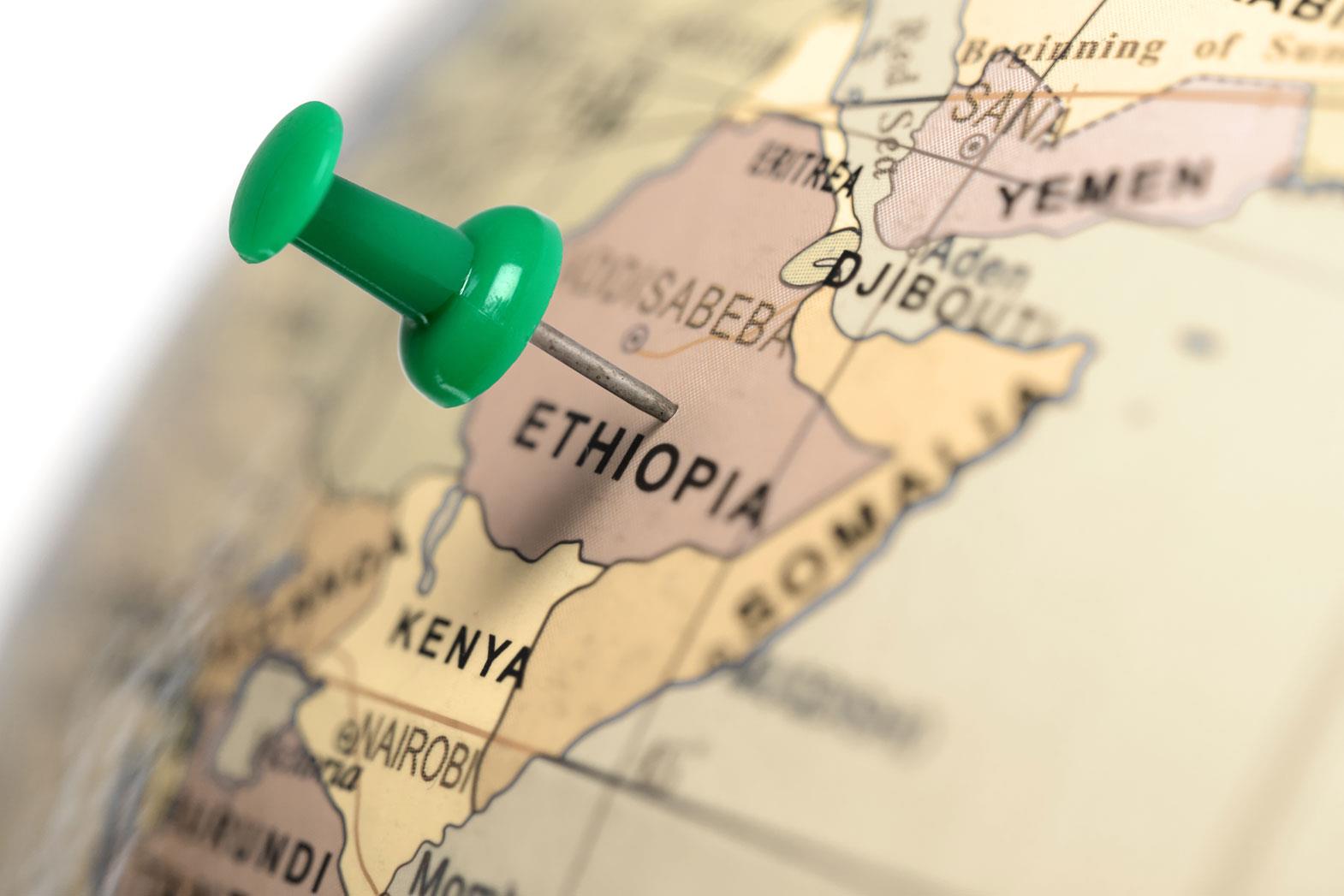The economy of the country is in the growth phase, and in the past few years, it has registered double-digit growth. With the annual growth rate projected at 7-8 percent till 2016, Ethiopia is a country that has a lot to offer to investors. The Ethiopian textile sector has set a target of exporting more than a billion dollars worth of apparel by 2016. Countries like Turkey and Sweden have already set their foot in Ethiopia's textile sector. A Swedish retail store is aiming to produce more than a million items of clothing per month in the East African nation. Several companies have ordered test runs from the textile manufacturers in Ethiopia.
The factors that go in favor of Ethiopia are ample availability of land to grow cotton. As many as 3 million hectares of land are available to grow cotton, and Ethiopia is known for its cotton crop production. The past record of the country is also very encouraging. As per the statistics revealed by the Textile Industry Development Institute (TIDI), in the fiscal year 2013-14, the Ethiopian industries exported textile and apparel worth US $60 million. This export figure was elevated by $15 million in comparison to the amount earned during the corresponding period of the preceding fiscal year. Also, the support from TIDI to the Ethiopian textile and apparel sector has ensured that the country achieves its $1 billion target set for the textile sector.
However, the country's journey towards realizing its targets is not totally trouble-free. The Ethiopian textile and clothing industries have set a target of achieving exports worth $637 million by 2015, but from 2010-2013, the country has recorded exports of only $305 million. The experts are blaming the quality of cotton for the lack of the expected growth of the domestic industry. Apart from the quality, the local suppliers are failing to meet the rising demand for cotton. To handle these problems, the Ethiopian government has decided to encourage the cultivation of genetically modified cotton, which will improve production, and also quality can be controlled.
One of the biggest advantages that the Ethiopian market has over the Asian countries like Bangladesh or China is that the cost of living has risen in the Asian countries. Following this rise, the availability of cheap labor is becoming a little tough whereas in Ethiopia, cheap labor is in ample supply. This has encouraged several textile houses to shift their focus to Ethiopia. Several textile industries have relocated to Ethiopia, thus creating more than is expected to create approximately 60,000 job opportunities and revenue of US $2 billion per year.
Among the developing economies, China has offered a helping hand to Ethiopia through investment in the manufacturing sector. The Chinese companies are working on plan to set up factories in Ethiopia and sell their products to the developed nations like the U.S.A. and the European Union and also save on import duties that they would have to pay if they were produced in China. The developing economies including China also import textile to Ethiopia. China, Indonesia, India and U.A.E are among the major countries that import textile and clothing to Ethiopia. These countries represent market share of approximately 70 percent with China representing 53.3 percent, Indonesia 5.8 percent, India 5.6 percent and U.A.E 5.3 percent. The key players exporting to Ethiopia include Thailand, Taiwan, Turkey, United Kingdom, Pakistan and Korea Republic, with Thailand representing the maximum market share, followed by Taiwan, Turkey and others. The other importers from Ethiopia include developed countries like the U.S.A., Germany, Netherlands and France. Ireland based discount textile company Primark is producing its apparel in Ethiopia.
The support that Ethiopia has catered from various global textile organisations has ensured that the growth of the Ethiopian textile sector doesn't stop here. Support from these international agencies means that Ethiopia has free duty and quota restrictions for all exports. The young population, suitable weather conditions, stable political atmosphere, one of the largest markets in Africa, cheap labour, good production of cotton, government's friendly policies etc. are some of the factors that will make Ethiopia one of the most promising markets to invest.
References:
1. Dw.de
2. Ethiopiantextileexpo.com








Comments